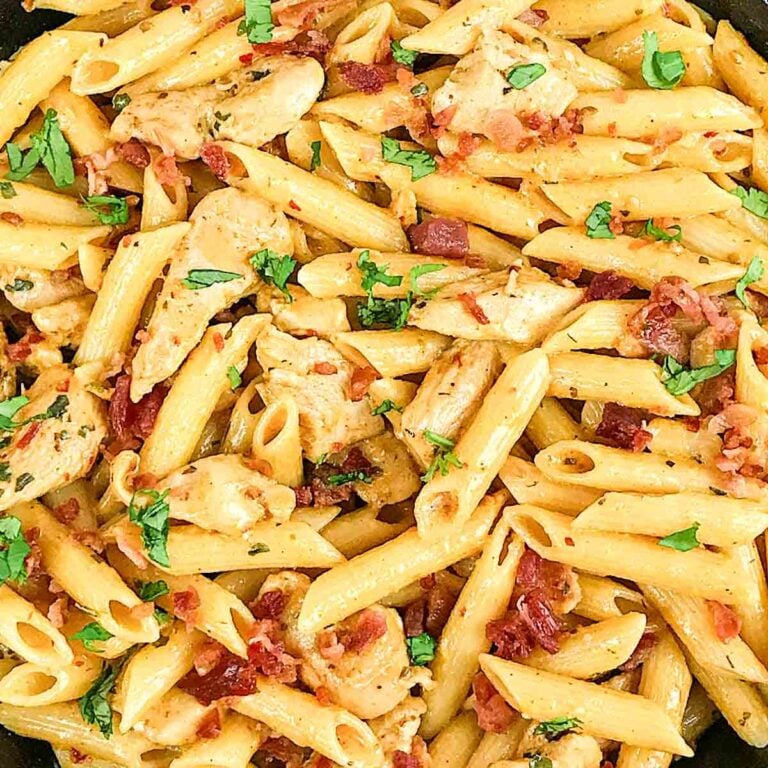Ofe Ugba aka African oil bean soup is a delightfully tasty delicacy from Eastern Nigeria. It is a special soup of the owerri people and its environs. This soup can be called ofe ukpaka as well because African Oil bean seed is called either Ugba or Ukpaka depending on what part of Igbo land you hail from.

Many tribes have a special delicacy for which they are known. A special way in which they make that dish is always unique to that group of people. Just like Edikang Ikong is one of the dishes unique to the Efiks and Ibibios, Eforiro to the Yorubas, this Ofe Ugba also called Ofe Okwuru Ugba is unique to people from some parts of Abia and Imo State.
This wasn’t one of the dishes I ate while growing up so you won’t be hearing how i enjoyed Ofe Ugba as a child ?? meaning I don’t have any fun childhood memories attached to this food to share with you but As I grew up and my culinary adventure began I was open to trying different dishes and this happens to be one of my culinary escapades. Okro is one of my favorite soups so giving Ofe Ugba a try was more like second nature to me.

How did I get to hear about Ofe Ugba?
When I shared one of my Okro soup recipes with members of our cooking club I talked about how much I love draw soup (soups that are viscous in nature like Okro, Ogbono, and Ewedu) I wanted members to share their favorite soups too. A member mentioned Ofe Ugba as her favorite Okro based soup.


I was curious about this Ofe Ugba and I asked questions. She was gracious enough to give me a few tips so I set about making my Ofe Ugba. I didn’t have a formal recipe but because I love Okro soup and I make it a lot, tweaking it a bit to make Ofe Ugba wasn’t going to be a big deal and really it wasn’t. The only thing I would say that may be different from the Classic Ofe Ugba is the way the Ugba is sliced. She mentioned something about the Ugba slices being larger that the one I used are the picture below.

Well… whether the Ugba was bold or thinly sliced Ugba, my Ofe Ugba turned out delicious and finger licking good. Now you see the benefit of a community in whatever you do. I learnt of the existence of this delicious Ofe Ugba from our cooking club. You can join here it’s fun and free.
This Ofe Ugba is worth your effort and time. Hope you get to give it a try and if or when you do I would love to hear all about it so kindly drop a line or two in the comments below.
Did you take a picture of this recipe or any recipe you made from the blog? That’s awesome. Tag @mydiasporakitchen on instagram so I can see awesome your creations. Remember to use #mydiasporakitchen as well.
Love,

PS: Hungry for more YUM? Sign up for our FREE weekly recipe updates and join our awesome cooking club for FREE. Then follow along on
INSTAGRAM | PINTEREST | FACEBOOK | TWITTER


Ofe Ugba
Ingredients
- 500 g Okro (cut up)
- 1 medium onion
- ½ Tbsp dry ground pepper
- ½ cup coarsely ground crayfish
- ½ medium red bell pepper chopped
- 60 g kale vegetable
- 1 cup palm oil
- 2 Tbsp Iru or one medium ogiri okpei
- 80 g Ugba
assorted meat of choice
- 400 g cowfeet *
- 500 g beef
- 200 g stock fish*
- 1 dry fish cleaned and deboned
- * I precook the cow foot and stock fish to save time.
Instructions
- Transfer beef to a pot. Fill pot with water to cover the beef
- Add onions, dry pepper, crayfish, salt and other seasoning to the meat and begin to cook
- Cook till meat is done. Which takes about 30 to 45 mins depending on how tough the meat is.
- When the beef is tender add the iru, precooked cow feet and stock fish. Stir, taste for seasoning and adjust if needed then cover pot and reduce heat to simmer on low to medium heat for about 5 minutes
- Add the chopped red bell pepper, dry fish, Ugba and Palmoil stir and cover pot. Allow simmer on low for another 5 mins.
- Add Okro and kale. Stir and turn off heat.
Notes
- If you want the Okro to look vibrant and fresh. Turn off heat as soon as Okro and kale are added then move pot away from the hot burner.
- You can take it a step further by transferring the soup into prepared bowls for storage. This helps to reduce the effect of the residual heat on the vegetables







One Comment